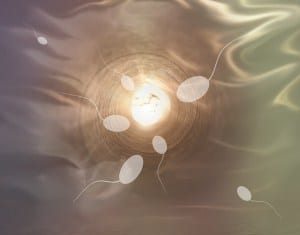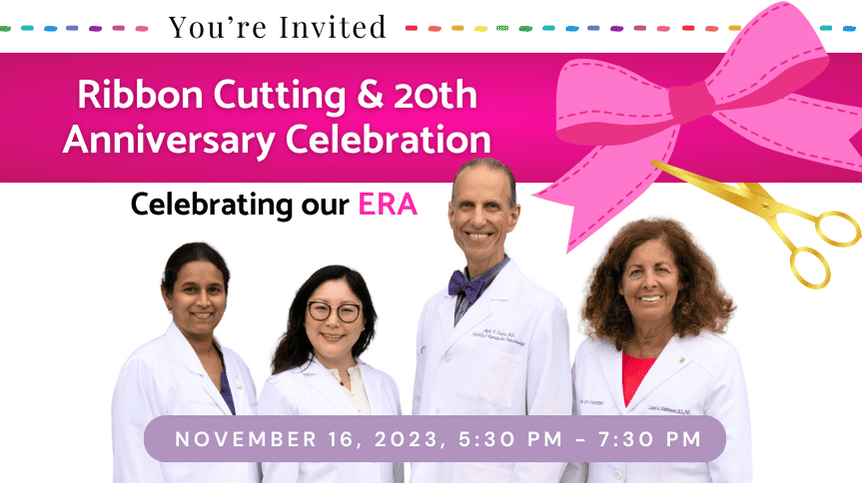 Over the last several years, the field of Assisted Reproductive Technology has advanced rapidly in providing assistance to couples with male factor infertility. In couples that are having difficulty trying to conceive a child, approximately 40% will be diagnosed with a male problem. A routine semen analysis is used to determine the adequate number and quality of sperm to predict the fertilization potential. When sperm are produced by ejaculation but in very low numbers, in vitro fertilization (IVF) along with an assisted fertilization technique called “ICSI” has helped many couples achieve a pregnancy.
Over the last several years, the field of Assisted Reproductive Technology has advanced rapidly in providing assistance to couples with male factor infertility. In couples that are having difficulty trying to conceive a child, approximately 40% will be diagnosed with a male problem. A routine semen analysis is used to determine the adequate number and quality of sperm to predict the fertilization potential. When sperm are produced by ejaculation but in very low numbers, in vitro fertilization (IVF) along with an assisted fertilization technique called “ICSI” has helped many couples achieve a pregnancy.
At The IVF CenterSM we offer ICSI – an acronym for IntraCytoplasmic Sperm Injection and the technique is part of IVF.
A cycle of IVF involves daily injections to stimulate a woman to produce many eggs that are retrieved in a minor outpatient procedure. ICSI is then performed by directly injecting a single sperm into an egg using microscopic instruments. The next day, the eggs are checked for fertilization and, within several days, a select number of embryos are transferred to the woman’s uterus in hopes of achieving a pregnancy.
Until recently, donor sperm was the only treatment for absence of sperm in the ejaculate (azospermia). Some men have a condition where their reproductive ducts may be absent or blocked (obstructive), whereas others may have no sperm production with normal anatomy (non-obstructive). A minor outpatient procedure called TESA, Testicular Sperm Aspiration, may be offered to obtain sperm directly from the testes where it is produced. If successful, the sperm can then be used with IVF/ICSI. A testicular biopsy prior to the IVF cycle may be required to determine the presence of sperm.






